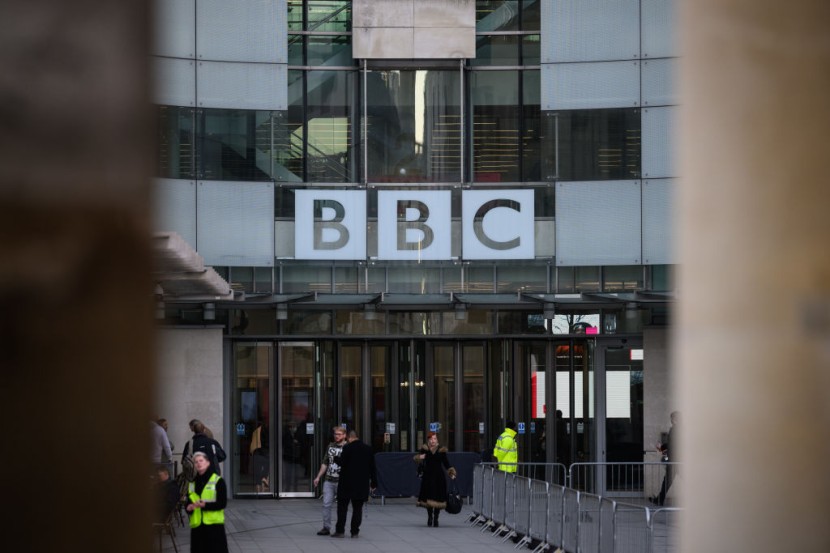BBC executives acknowledged mistakes in the corporation's coverage of the Middle East conflict but vehemently denied accusations of systematic antisemitism.
Rhodri Talfan Davies, the corporation's director of nations, and David Jordan, director of editorial policy, faced a critical audience as they addressed concerns from the Jewish community, as per The Sun.
BBC Acknowledges Challenges in Middle East Reporting

Mr. Davies acknowledged the complexity of reporting in highly contested and polarized areas, emphasizing the challenges faced by journalists working under "incredible scrutiny and stress" in the Middle East. He highlighted the instant polarization of public debate, where every word uttered is closely monitored by various organizations, making it imperative for news teams to be cautious.
The meeting unfolded against criticism directed at the BBC for its coverage of the Gaza war. A contentious issue was the BBC's refusal to label Hamas fighters as terrorists, a decision that sparked controversy and drew criticism from Israeli President Isaac Herzog. Additionally, speculation by a BBC TV reporter attributing a hospital explosion to Israel further fueled the discontent.
Addressing these concerns, Mr. Davies admitted the corporation's errors and emphasized learning from them. He acknowledged the fear factor within the Jewish community, recognizing the impact of mistakes on their perception and safety. The executives were in conversation with Gideon Falter from the Campaign Against Antisemitism, with Mr. Davies expressing the BBC's commitment to hearing directly from the Jewish community and improving its practices.
The discussion also delved into specific incidents, such as the coverage of international editor Jeremy Bowen, who faced allegations of being anti-Israeli. Audience members criticized the reporting on the hospital explosion, asserting a perceived bias against Israel. Some accused the BBC of being institutionally anti-Semitic, a claim vehemently denied by Mr. Jordan, who stated he wouldn't work for an institution he deemed racist, according to The Times.
Read Also : China's 'Miracle Material' Allows Asian Superpower To Achieve Record-Breaking Solar Panel Energy Levels
Audiences Weigh on BBC's Fair Reporting
A significant moment in the conversation has revolved around a report by correspondent Jon Donnison, speculating on the cause of a hospital explosion in Gaza. Mr. Davies admitted it was a mistake to guess and acknowledged the subsequent correction issued by the BBC.
The executives also addressed a previous misstep in covering an anti-Semitic attack on a bus, expressing regret for not reflecting different interpretations and contributing to resentment within the community.
The audience's disillusionment with the BBC's reporting was palpable, with a majority expressing a lack of faith in the corporation's fairness regarding Jewish issues. Only a few believed the BBC was fair, and around half had lodged complaints within the last year.
The Campaign Against Antisemitism acknowledged the strength of the community's feelings and hoped the BBC would convey these sentiments to the newsroom. Building trust, it emphasized, would be a long but essential process. The BBC executives left the meeting with a clearer understanding of the challenges and expectations of the Jewish community, pledging to address concerns and strive for improved reporting in the future, Mail Online reported.
Related Article : New Island Appears in Pacific Ocean After Undersea Volcano Eruption








